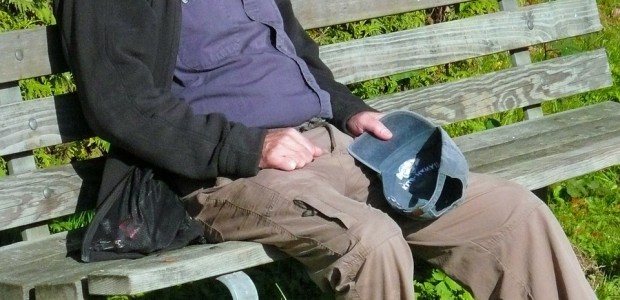What is Aphasia?
Connect – the communication disability network – works alongside people with aphasia and their families to develop communication and rebuild confidence.
Connect says “Whilst what we do cannot be described as a ‘stroke treatment’ or ‘aphasia therapy’, by getting involved with Connect, people with aphasia regain confidence and reconnect with life. We know that aphasia is not ‘fixable’, but experience has taught us that it can be ‘liveable’.Through the Access to Life services people with aphasia gain confidence and explore new possibilities and choices, take on new roles and educate themselves and others about communication disability and life.”
The network offers information and opportunity events for people with aphasia and their relatives. These days are about finding out about aphasia, meeting others and gaining practical tips about re-connecting with life.
The network also delivers training to health and social care providers both at its London centre and around the UK and beyond. All courses are based on up to date policy and research and involving people with aphasia the development of stroke services underpins all our training events.
There is a range of publications to help everyone living with aphasia – whether you have aphasia yourself, you are a relative or a friend, or you work in stroke service provision or a voluntary organisation.
Information about Aphasia is presented on its website
About aphasia
Aphasia is a communication disability which occurs when the communication centres of the brain are damaged. It is usually caused by stroke, but can also be caused by brain haemorrhage, head injury or tumours.
There is also a condition called Primary Progressive Aphasia. The cause of this is unclear.
What does having aphasia mean?
Each person with aphasia experiences it differently. Some people cannot speak at all; some people have just a few words. Others can no longer read, write or use numbers.
Everyday activities such as having a conversation, answering the phone, watching television, may suddenly become a source of profound frustration and anxiety both for the person with aphasia and for their families, friends and carers.
How many people have aphasia?
Aphasia is more common than you would think. Every 11 minutes three people in the UK have a stroke. About a third of those people will have aphasia. In addition there are people who have aphasia through brain injury or tumour. So you may not have heard of aphasia but you probably know someone who has it – perhaps a relative or a friend.
Dysphasia
Aphasia is sometimes known as dysphasia. They both mean the same thing.
Types of aphasia
If you or a relative has got aphasia, you may have been told you have a special type of aphasia. This is dependent on which communication centres of the brain are damaged. For example, Broca’s Aphasia is when a person speaks with short sentences that make sense but require great effort.
Wernicke’s aphasia is when a person speaks in long sentences that may not have meaning or may even make up words.
Global aphasia is when the aphasia is very severe.
Primary Progressive Aphasia
People who have aphasia that is caused by a stroke or head injury will experience some improvement over time. But with primary progressive aphasia this is not the case. People with primary progressive aphasia will continue to lose their ability to speak, read, write, and/or understand what they hear. It is not caused by stroke or head injury but usually begins as a difficulty in articulating words which progresses to an inability to speak.
For more information go to: UK Connect
Written by Rachel Harrison, speech and language therapist, on behalf of Integrated Treatment Services. www.integratedtreatmentservices.co.uk










